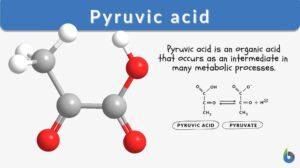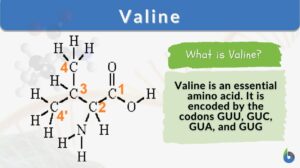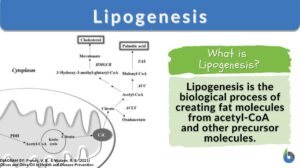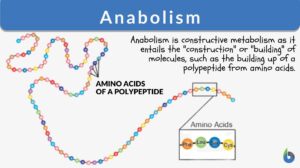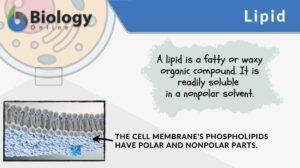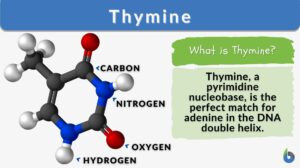Search Results for: citric acid cycle
Krebs cycle
Krebs cycle, also known as the citric acid cycle or tricarboxylic acid (TCA) cycle, is a fundamental metabolic pathway that... Read More
Citric Acid Cycle
Definition noun (1) A cycle of reactions catalyzed by enzymes in which pyruvate derived from nutrients and converted to... Read More
Cellular respiration
Cellular Respiration Definition What is cellular respiration in simple terms? Cellular respiration can be defined simply as... Read More
Catabolism
Catabolism Definition Catabolism is the branch of the metabolic process that breaks down complex, big molecules into... Read More
Fermentation
Fermentation Definition What is fermentation? Fermentation is the breaking down of sugar molecules into simpler compounds... Read More
Pyruvic acid
What is Pyruvic Acid? Pyruvic acid is an organic acid that occurs as an intermediate in many metabolic processes. It occurs... Read More
Fatty acid
Definition noun plural: fatty acids'' fatty acid, ˈfætɪ ˈæsɪd Any of the group of a long chain of hydrocarbon... Read More
Plant Metabolism
Introduction Plants are responsible for incredible feats of molecular transformation. The processes are always being... Read More
Glycolysis
What is Glycolysis and Why is it Important? Glycolysis is a metabolic pathway by which the 6-carbon molecule of glucose is... Read More
Protein Activity and Cellular Metabolism
Protein Binding Sites The ability of various molecules and ions to bind to specific sites on the protein surface forms the... Read More
Redox reaction
Redox Reaction Definition What are redox reactions? This is a common term in chemistry and biology. In chemistry, a redox... Read More
Malic acid
Definition noun A dicarboxylic acid produced by a living organism, with a chemical formula: C4H6O5 Supplement Malic acid is... Read More
Lipogenesis
Lipogenesis Definition Lipogenesis is the process of producing lipid or fat to store biochemical energy for later metabolic... Read More
Light-dependent reaction
Many organisms, such as green plants, convert light energy into chemical energy through the mechanism of photosynthesis. In... Read More
Chemiosmosis
Chemiosmosis Definition What is chemiosmosis? In biology, chemiosmosis refers to the process of moving ions (e.g. protons)... Read More
Nucleobase
Definition noun plural: nucleobases (biochemistry) The base in the nucleic acid, e.g. purines and pyrimidines Details ... Read More
Aerobic bacteria
Aerobic Bacteria Definition What does aerobic mean in biology? As the name suggests, 'aerobe' in biology means organisms... Read More
Guanosine diphosphate
Definition noun plural: guanosine diphosphates (biochemistry) A nucleotide made up of guanine, ribose, and two phosphate... Read More
Flavin adenine dinucleotide
Definition noun plural: flavin adenine dinucleotides fla·vin ad·e·nine di·nu·cle·o·tide, ad·e·nine... Read More
Animal cell
An animal cell is the fundamental functional unit of life of animals. It is also the basic unit of reproduction. Animal... Read More
Acetyl Coenzyme A
Acetyl coenzyme a coenzyme a (coa, CoASH, or HSCoA) is a coenzyme, notable for its role in the synthesis and oxidization of... Read More






